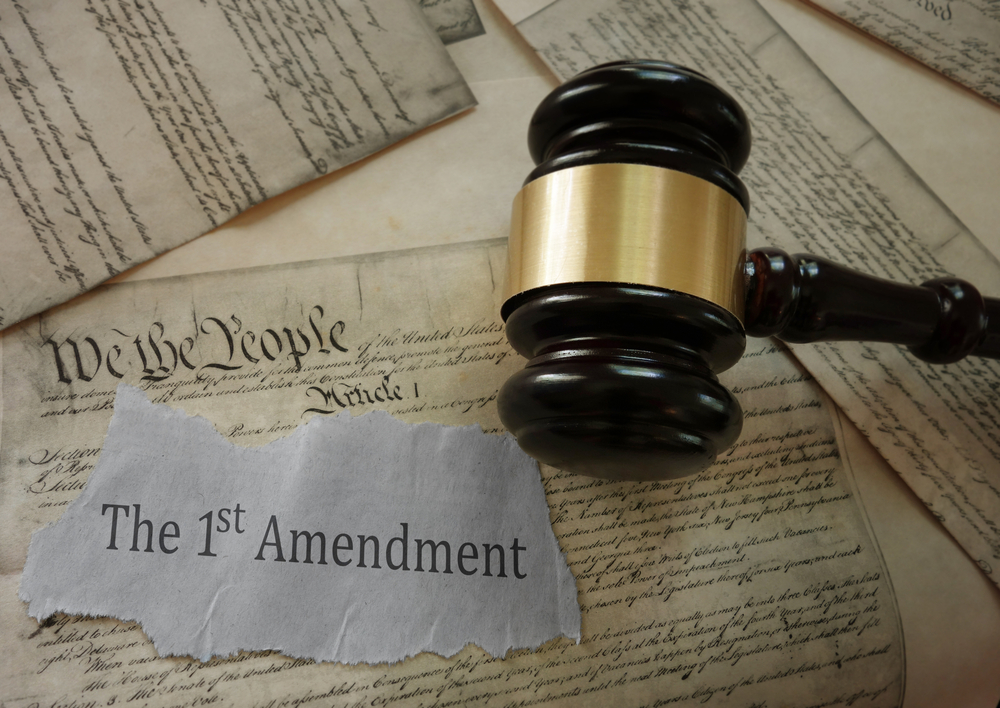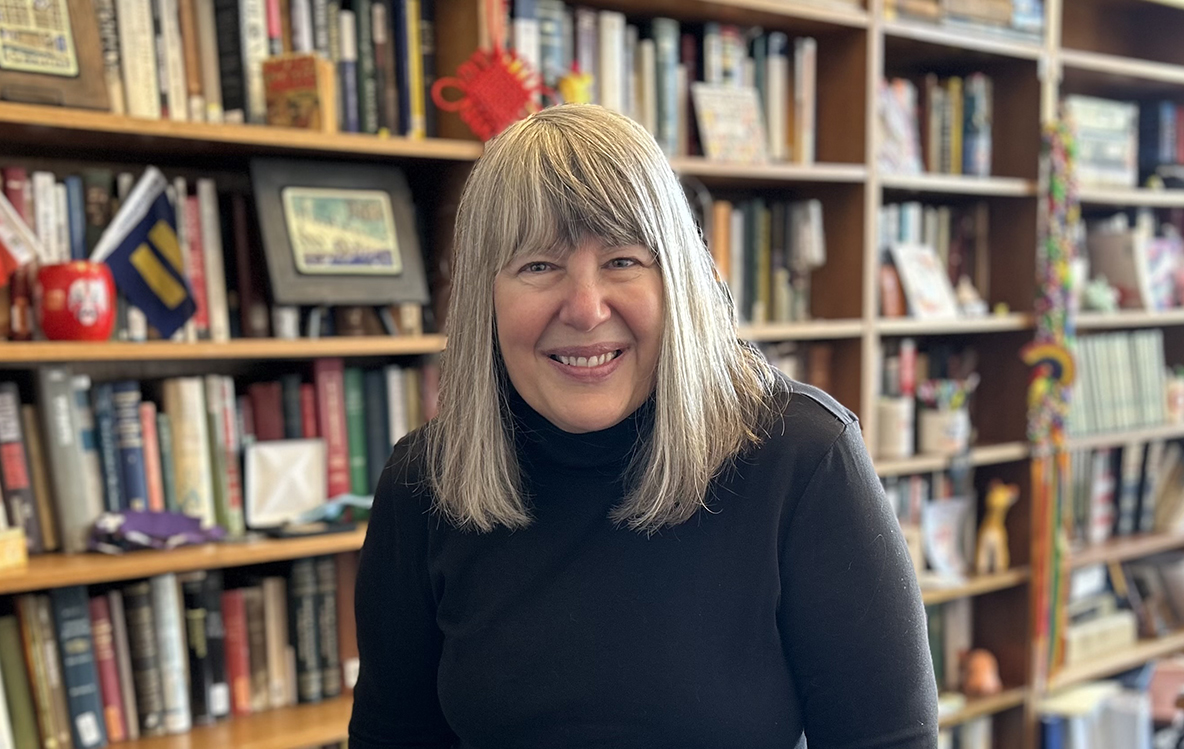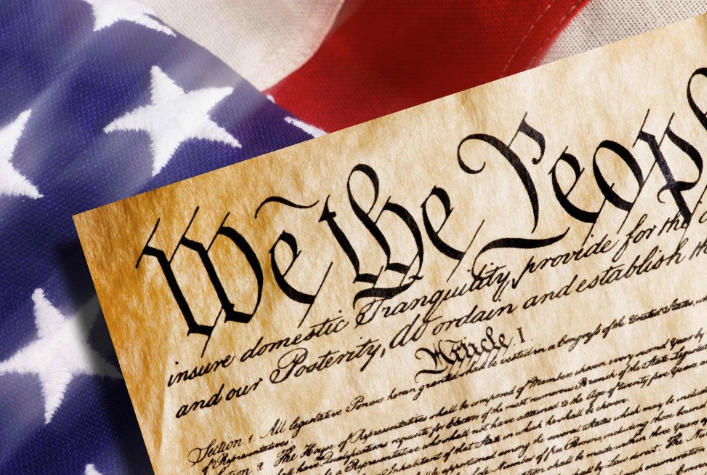By David L. Hudson, Jr.
The treatment of former University of Virginia medical student Kieran Ravi Bhattacharya raises serious concerns about the use of “professionalism” to punish those who hold dissident views or dare to challenge authority. The university suspended and dismissed Bhattacharya after he raised concerns about a presentation from a faculty member about “microaggressions”- often defined as unintentional, subconscious slights or insults often uttered by members of a majority race toward racial minorities.
During a microaggression panel discussion, a faculty member presented her research on microaggressions. Bhattacharya challenged a faculty member’s definition of the term, and expressed concern that “a microaggression is entirely dependent on how the person who’s receiving it is reacting.” He also questioned the faculty member’s research in the area as purely anecdotal, as well as her methods for gathering evidence on the subject.
Another professor, who attended the event and helped organize it, filed a “professional card” on Bhattacharya writing that he “asked a series of questions that were quite antagonistic toward the panel.”
The university later sent Bhattacharya a note, saying that he could not return to classes until he was seen by someone at counseling and psychology services. Bhattacharya expressed amazement that he would have to seek psychological services because he had challenged a faculty member’s presentation on microaggressions.
Ultimately, the university suspended and dismissed him. He responded with a lawsuit, alleging a violation of his rights to free speech and due process. The university filed a motion to dismiss.
However, a federal district court ruled on March 31, 2021, in Bhattacharya v. Murray, that Bhattacharya had stated a plausible claim for retaliation under the First Amendment.
“Bhattacharya’s speech at the panel discussion—questioning and critiquing the theory of microaggression—does not clearly fall into any category of speech that UVA Medical School can regulate or prohibit,” wrote U.S. District Court Senior Judge Norman K. Moon.
Judge Moon applied the student-speech standard from the K-12 decision Tinker v. Des Moines Independent Community School District (1969). Under Tinker, public school officials can prohibit student speech if they reasonably forecast that it would cause a substantial disruption of school activities or invade the rights of others.
Judge Moon reasoned that a student challenging a professor’s presentation intellectually does not come close to causing a substantial disruption, and certainly doesn’t invade the rights of others. The judge also noted that Bhattacharya used no profanity or vulgarities in his queries. He merely challenged authority from an intellectual standpoint.
The case occurred only at the motion to dismiss phase. Perhaps after discovery, the university may be able to point to other evidence showing that Bhattacharya deserved discipline. But, at least from reading the complaint and Judge Moon’s decision, the university appeared overly sensitive to intellectual critique.
The subjects of microaggressions and implicit bias are very important. Dr. Derald Wing Sue, a leading scholar in the area, has explained how “m]icroaggressions for people of color are constant, continual, and cumulative” and warned that “any marginalized group in our society can become targets.”
However, an overly broad definition of microaggressions can led to speech suppression. And certainly students should have the right to ask questions about the concept. A student should not have to censor their views or questions for fear of being dinged with a “professional card.” That runs counter to the spirit of academic freedom—recognized by the U.S. Supreme Court in Keyishian v. Board of Education (1969) as being of “transcendent value” and “of special concern to the First Amendment.”
There is no academic freedom if students cannot challenge ideas. Several years ago, I testified before Congress: “Self-censorship runs counter to the mission of universities as the quintessential marketplace of ideas. Almost anything could be interpreted as a microaggression by overly sensitive individuals.”
Frankly, a student should have the ability to challenge a faculty member’s definition or presentation on microaggressions. The student should not be subject to punishment or labeled as lacking professionalism for holding different views. Alex Morey at FIRE warns that “graduate professionalism codes are often used to try to make an end-run around [student’s First Amendment] rights.”
Academic freedom must not be lost in the name of professionalism. Questions about important concepts should be encouraged, not punished.
Tags


